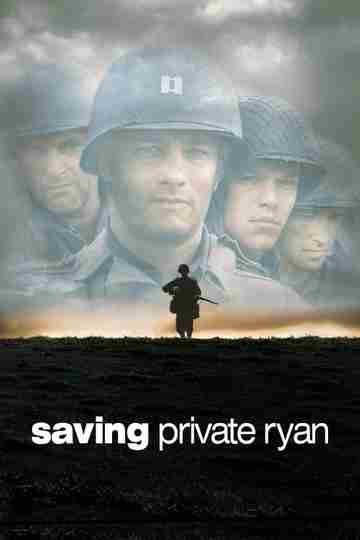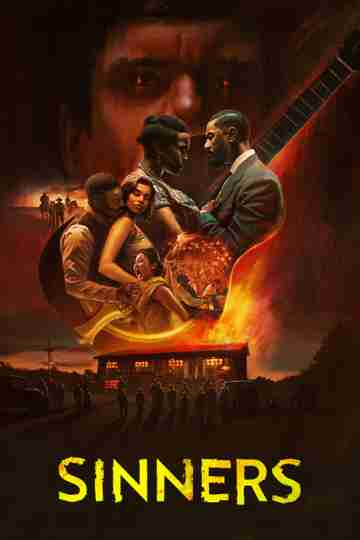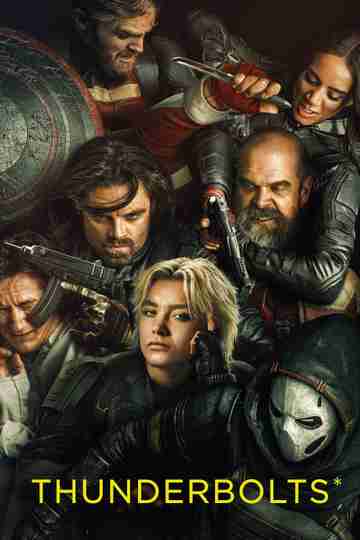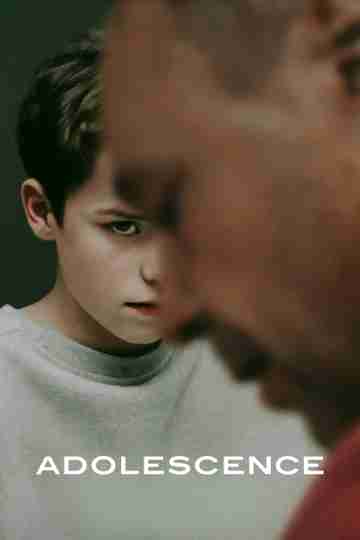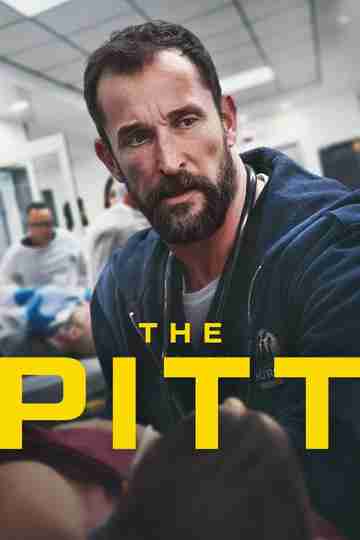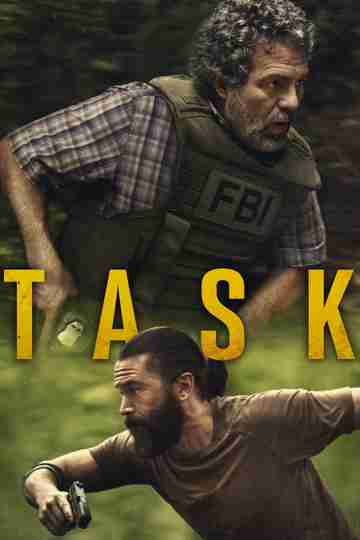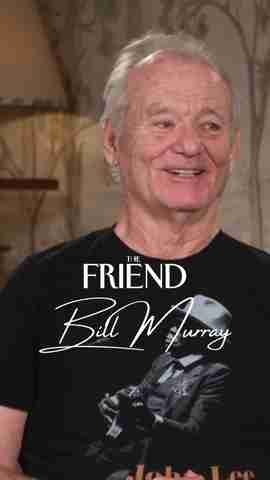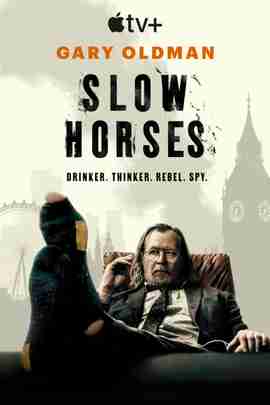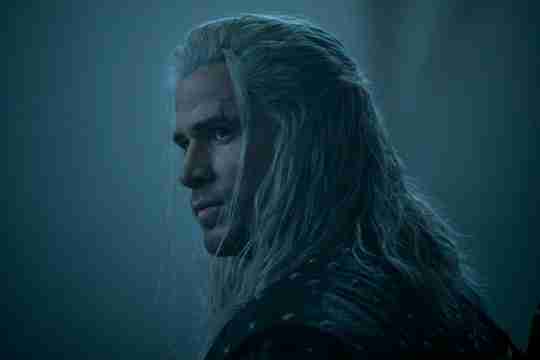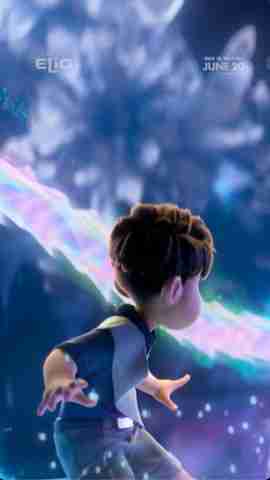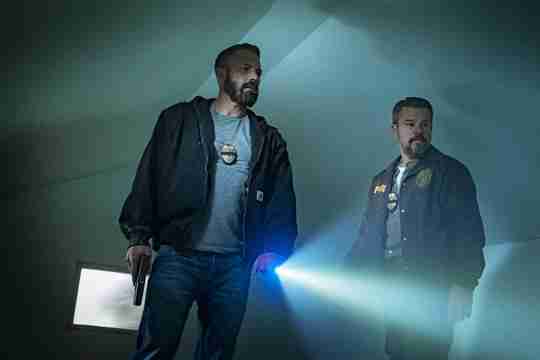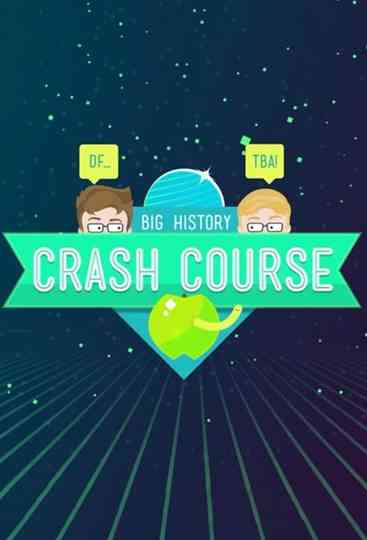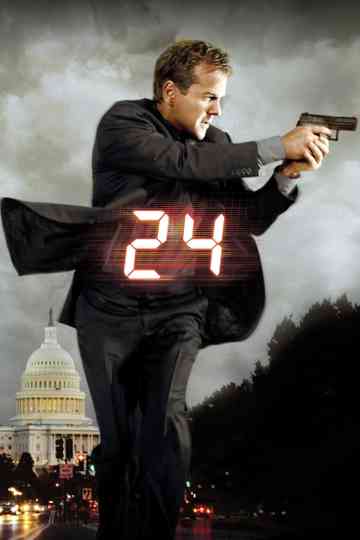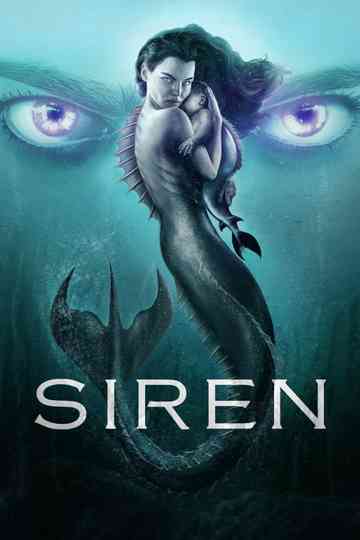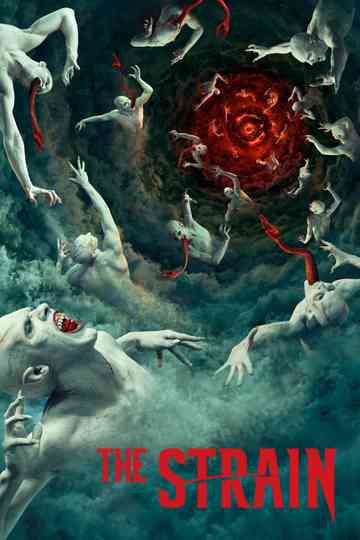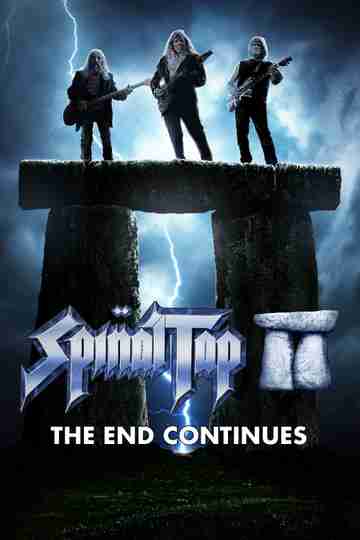Big History 2 Plot
In 6 episodes, Emily Graslie continues telling you the story of “life, the universe, and everything” in Big History 2! This course challenges you to ask “why this stuff matters” and is based on the Big History Project social studies curriculum. By the end of this course, you will be able to: •Integrate physics, math, history, and more to tell a single story about people, civilizations, and how we are connected to everything around us •Zoom out to pose and refine scientific and historical questions •Outline the most powerful and important breakthroughs •Evaluate how we know what we know and why we’re sure we know it •Relate topics in Big History to contemporary humans and describe why they matter in our daily lives
Crash Course Big History Big History 2 aired on May 24th, 2017.
Big History 2 Episodes
1. Why Cosmic Evolution Matters
Crash Course Big History is back! It turns out, we couldn't tell all of the 13.8 billion years of the history of the universe in 10 Crash Course Episodes. So, Big History host Emily Graslie has returned to add 6 more episodes that look at why the stuff we studied in Big History matter. Today, we're starting with a look at why Cosmic Evolution matters. What exactly does the process of the big bang, the formation of stars, and the birth of planets mean to our lives? Let's find out together.
2. Why Star Stuff Matters
So, the stars made the elements, we're all made of star stuff, etc. But what does all this mean? This week Emily Graslie teaches you how the formation of chemical elements in the bellies of the earliest stars made life as we know it possible. Namely, we'll be learning about lowly carbon, which it turns out, is kind of a superhero when it comes to the rise of complexity.
3. Why the Evolutionary Epic Matters
Today we're talking about evolution–basically the history of all life on Earth. The thing is, why are we talking about this. Well, the story of life, all the way back to single celled microbes billions of years ago, is all part of our human story. An important facet of the story of life is the story of death. This episode will look at the various mass extinctions along the way, and we'll also talk about the sixth mass extinction, which is going on now, and is kind of driven by humans. Sorry everybody.
4. Why Human Evolution Matters
This week on Crash Course Big History, Emily is talking about process of human evolution, and the knack for innovation that has allowed humans to become so dominant on the Earth. Human innovation, and the ability to build on those innovations generation after generation is what makes humans different than other animals. Collective learning is enabled by our highly evolved and efficient ability to communicate with each other and pass on information. With great power, of course, comes great responsibility, and how we use this powerful tool has kind of a mixed track record.
5. Why Human Ancestry Matters
This week, Emily Graslie is teaching you about human ancestry and geneaology, how we got to be the species we are, and why that matters in our zoomed out look at Big History.
6. Why Early Globalization Matters
Globalization has been in process for centuries, and has had a huge effect on Big History, and on Collective Learning. This week, Emily is investigating early globalization through three things that moved around the world and shaped collective learning in the early decades of globalization: Printing, Potatoes, and Plagues.

